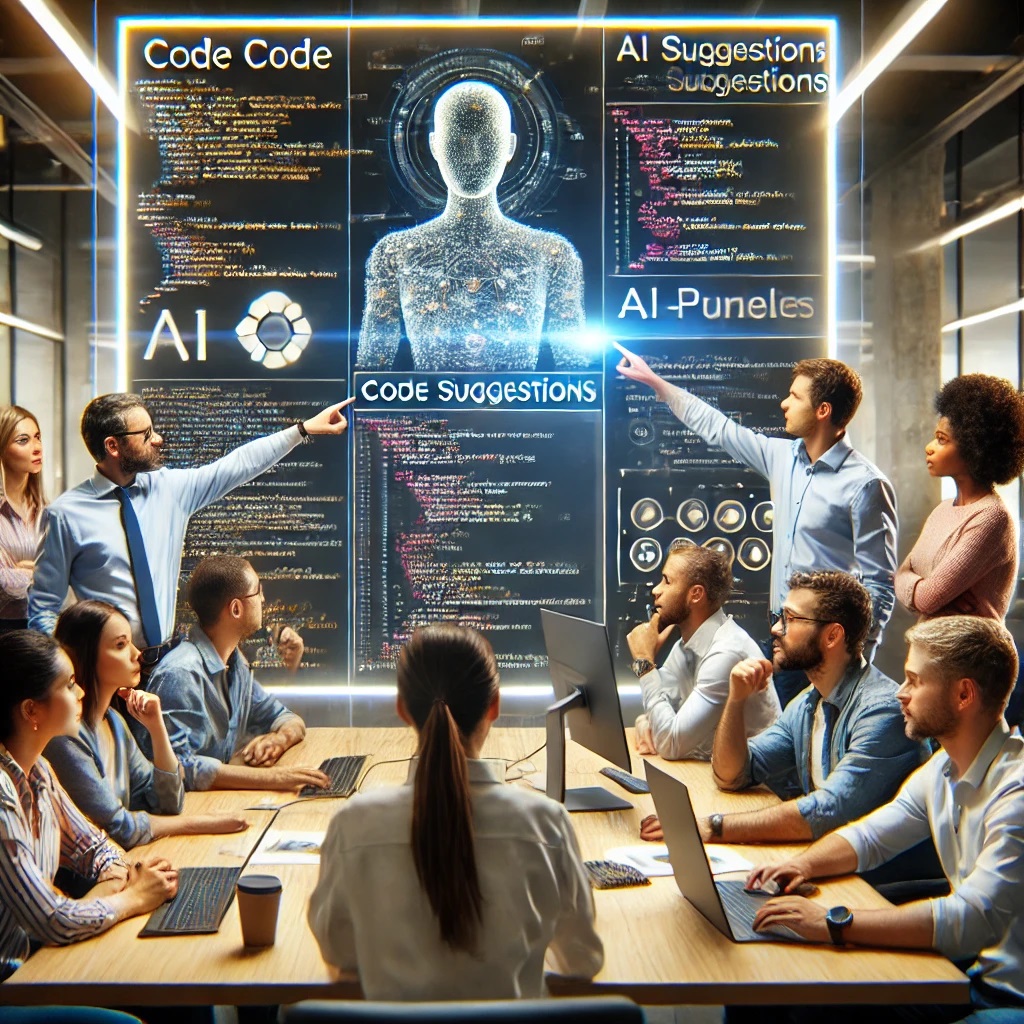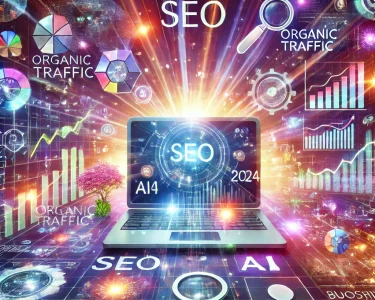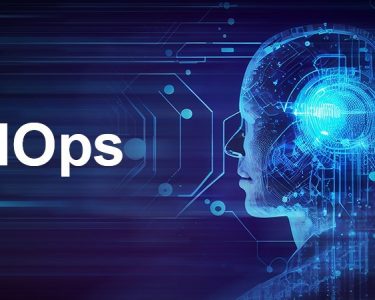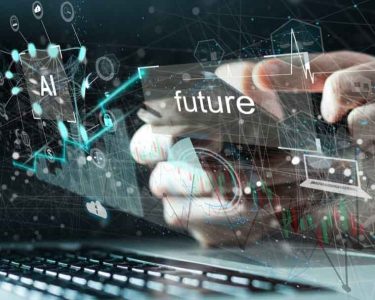In recent years, the software development landscape has experienced a seismic shift, driven by the rapid advancement of artificial intelligence (AI). Among the most transformative innovations is AI-powered code generation, a technology that promises to revolutionize how developers write, debug, and deploy code. While this development has been met with excitement and anticipation, it also raises critical questions about the future of software development, the role of developers, and the ethical implications of AI in programming.

The Rise of AI-Powered Code Generation
AI-powered code generation tools, like GitHub Copilot, OpenAI’s Codex, and various AI-based IDE plugins, have garnered significant attention for their ability to assist developers in writing code more efficiently. These tools leverage large language models trained on vast datasets of existing code, enabling them to suggest code snippets, complete lines, and even write entire functions based on simple prompts.
For example, GitHub Copilot, developed in collaboration with OpenAI, acts as a virtual coding assistant within integrated development environments (IDEs). It analyzes the context of the code being written and offers real-time suggestions, reducing the time developers spend on repetitive tasks and enabling them to focus on more complex problem-solving.
How AI-Powered Code Generation Works
The core technology behind AI-powered code generation is natural language processing (NLP), which allows AI models to understand and generate human-like text. These models are trained on extensive datasets, including publicly available code repositories, documentation, and programming tutorials. By learning from this vast amount of information, AI-powered tools can generate code that closely aligns with best practices and industry standards.
When a developer types a comment or a partial line of code, the AI analyzes the input and predicts what the developer might want to write next. This prediction is based on patterns and structures found in the training data. The result is a code suggestion that can be as simple as completing a variable name or as complex as generating an entire algorithm.
The Impact on Software Development
Increased Productivity and Efficiency
One of the most significant benefits of AI-powered code generation is the potential to drastically increase productivity. By automating routine coding tasks, developers can spend less time on boilerplate code and more time on creative problem-solving and innovation. This shift allows teams to accelerate project timelines, reduce the likelihood of errors, and improve overall code quality.
Additionally, AI tools can assist in learning new programming languages or frameworks. For junior developers or those venturing into unfamiliar territory, AI-powered code suggestions can serve as a valuable learning aid, guiding them through the nuances of a new language or helping them adhere to best practices.
Enhanced Collaboration
AI-powered code generation also facilitates better collaboration among development teams. With AI tools offering consistent coding standards and styles, developers can work together more seamlessly, regardless of individual experience levels. This standardization can lead to cleaner, more maintainable codebases, reducing the technical debt that often plagues long-term projects.
Furthermore, these tools can act as a bridge between developers and non-technical stakeholders. By generating clear and concise code snippets, AI can help demystify complex programming concepts, making it easier for project managers, designers, and other team members to understand and contribute to the development process.
Challenges and Ethical Considerations
While the advantages of AI-powered code generation are evident, there are also significant challenges and ethical considerations to address. One of the primary concerns is the potential for job displacement. As AI tools become more advanced, there is a growing fear that the role of human developers may diminish, leading to a reduction in demand for traditional coding skills.
However, many experts argue that AI is more likely to augment rather than replace human developers. By handling repetitive tasks, AI allows developers to focus on higher-level design, architecture, and problem-solving, areas where human intuition and creativity are still unmatched.
Another critical concern is the issue of code quality and security. AI models generate code based on patterns observed in training data, which may include outdated or insecure coding practices. Developers must remain vigilant and review AI-generated code carefully to ensure it meets security and performance standards.
Moreover, the ethical implications of AI in software development cannot be overlooked. The use of AI-generated code raises questions about intellectual property rights, as these models are trained on publicly available code. The legal and ethical boundaries of using such code in commercial products remain a topic of ongoing debate.
The Future of AI-Powered Code Generation
As AI-powered code generation continues to evolve, its impact on the software development industry will only grow. Future advancements may lead to even more sophisticated tools capable of handling complex development tasks, from full-stack development to automated testing and deployment.
However, the human element will remain crucial in guiding and refining AI’s role in software development. Developers must continue to adapt and evolve, embracing AI as a powerful tool that complements their skills rather than viewing it as a threat. By leveraging AI to handle routine tasks, developers can unlock new levels of creativity and innovation, driving the industry forward.
Conclusion
AI-powered code generation represents a significant milestone in the ongoing evolution of software development. Its ability to enhance productivity, streamline collaboration, and assist in learning makes it an invaluable tool for developers of all skill levels. However, the challenges and ethical considerations associated with this technology must be carefully navigated to ensure its responsible and effective use.
As the industry continues to explore the potential of AI in software development, one thing is clear: the future of coding will be a collaborative effort between human ingenuity and artificial intelligence. By embracing this partnership, developers can look forward to a new era of innovation and growth in the world of software development.
For more insights on the latest trends in technology, be sure to explore our other articles on Digital Digest.




